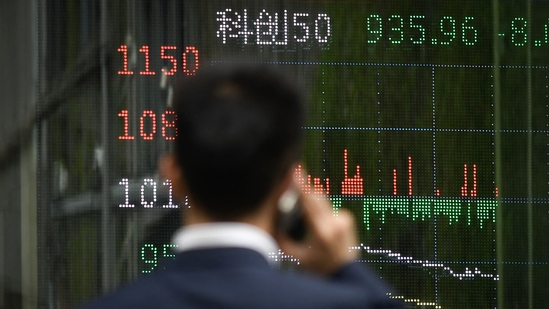Chinese stock markets crashed on April 7, 2025, as rising trade tensions with the United States deepened investors’ worries. Hong Kong’s Hang Seng Index crashed around 9%, while the Shanghai Composite Index fell more than 7%, its worst single-day fall in half a decade.Escalation of Trade Tariffs
The slide came in the wake of the U.S. administration announcing a 34% tariff on Chinese imports, which saw China retaliate by applying similar levies on U.S. products. The tariff exchange has raised concerns of an extended trade war, with accompanying effects on global economic stability.Impact on Financial Institutions
Large financial institutions were particularly impacted. HSBC’s stock fell 13%, its biggest daily drop since 2009, and Standard Chartered’s shares declined more than 16%, headed for an all-time low. These declines indicate wider unease over the financial sector’s vulnerability to growing trade tensions. Government Intervention
As a response to the market volatility, China’s sovereign wealth fund, Central Huijin Investment, stepped in by expanding its equity holdings via exchange-traded funds (ETFs). This was to stabilize the markets as well as show confidence in the strength of China’s capital markets. Investor Sentiment and Economic Outlook
The rising trade tensions have resulted in higher volatility in worldwide markets, with investors growing concerned about a possible global recession. Experts point to the urgent necessity for diplomatic negotiations to reduce the negative impacts on the world economy.
As events unfold, market players watch carefully, closely observing policy actions and awaiting signs of easing in trade tensions to bring back stability in financial markets.









